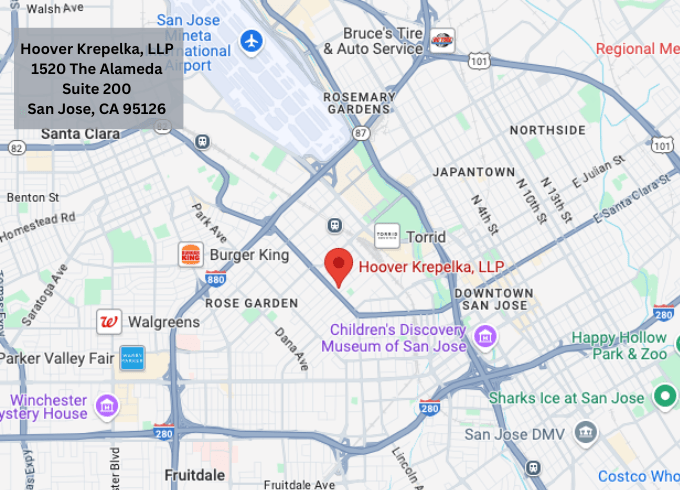California considers married couples to be a “community.” When you divorce, you must divide most things that you or your spouse acquired during the marriage as state law considers most of those things to belong to “the community” rather than either of you as individuals.
The standard basis for the split is 50-50, but you can decide to change that. However, you cannot just fail to disclose an asset because you don’t agree with splitting it 50-50. Despite this, some spouses are not entirely honest when disclosing assets. Cryptocurrency is one of the latest ways some of them use to hide things.
Lack of knowledge and unique secrecy
First, many people still do not understand what it is. Therefore, if your spouse believes you do not know much about it, it is easier for them to hide than those you understand, such as money in a bank account or real estate.
Second, it is secretive by design. The industry set itself up to make it difficult for others to discover what an individual holds in these virtual currencies. People can trade them with a large degree of privacy. So even if you know your spouse once bought cryptocurrency, discovering where the money is now and how much it is currently worth is complicated.
Third, even if you know where it is and how much of it there is, that does not mean you can access it. If you do not have the login details, you cannot touch it.
Many consider cryptocurrency to be beyond the law to some degree. That does not mean a court will let your spouse ignore property division laws. If you can show your spouse has been dishonest about cryptocurrency, there are steps you can take to address the matter. Having sound legal guidance can help.






